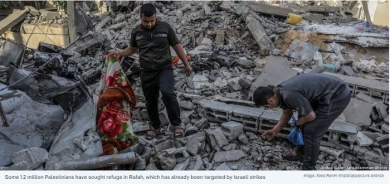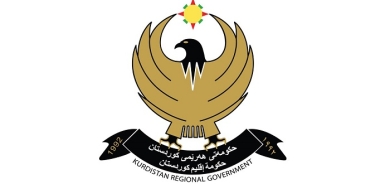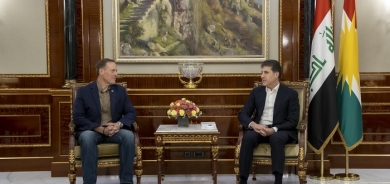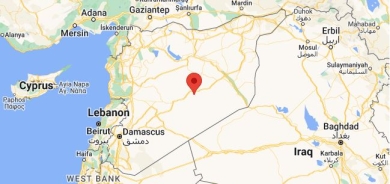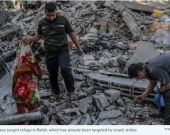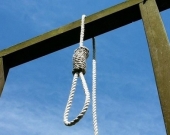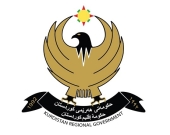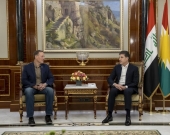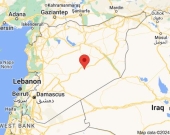Iraqi Parliament Speaker Al-Halbousi Faces Travel Ban and Potential Arrest
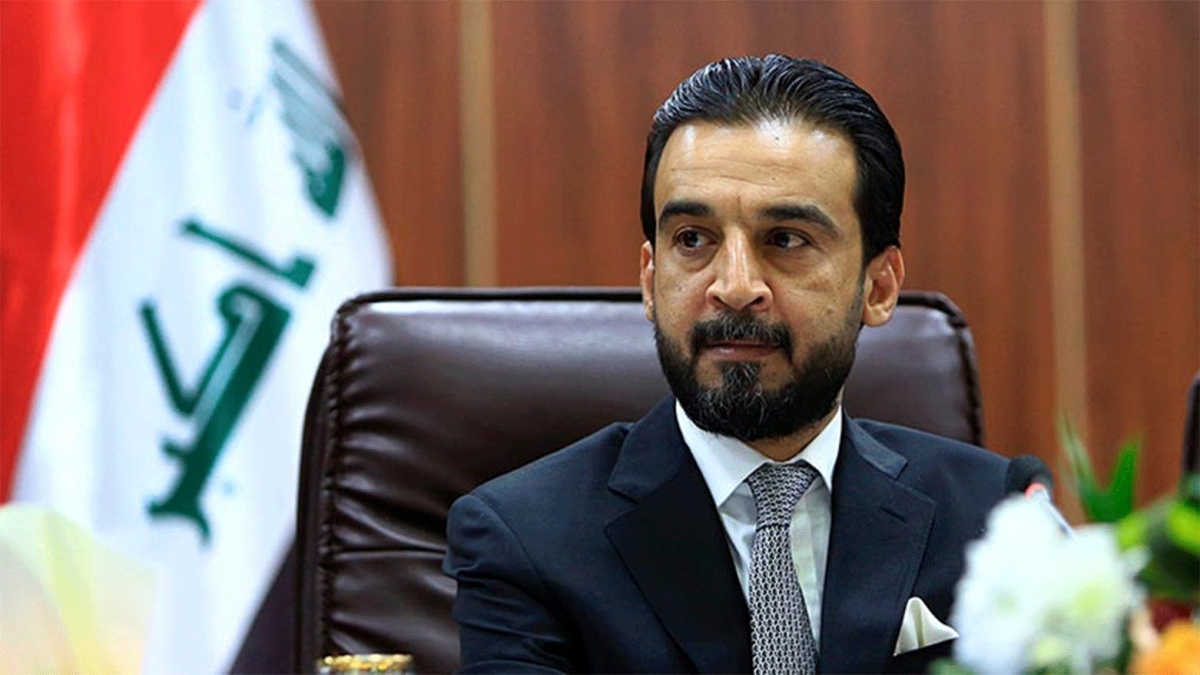
In a recent development, Ali al-Zubaidi, a member of the Fatah Alliance, has announced that following a decision by the Iraqi Federal Supreme Court, former Iraqi Parliament Speaker Mohammed al-Halbousi is set to be prohibited from traveling and will be subject to a forced stay order. Al-Zubaidi further stated that an arrest warrant for al-Halbousi is expected to be issued shortly.
The Federal Supreme Court's ruling on November 11 terminated al-Halbousi's parliament membership over forgery charges and corruption. This decision stems from a legal battle in which al-Halbousi was accused of forging the signature of a Sunni lawmaker. Al-Halbousi, also the leader of the Progress Party or "Al-Takadum Movement," founded the party in 2019 along with Anbar Province Governor Ali Farhan and Yahya al-Muhammadi. The party secured 37 seats in the 2021 Iraqi parliamentary election.
According to al-Zubaidi, al-Halbousi's removal has thwarted the initiative to restore relations with Israel, and several other cases related to charging al-Halbousi will be examined and addressed. The Fatah Alliance, a coalition of Iraqi parties, including popular Mobilization Forces factions such as the Badr Organization, Asa'ib Ahl al-Haq, Kata'ib Hezbollah, and Kata'ib al-Imam Ali, strongly opposes the "American occupation" and maintains friendly ties with neighboring Iran.
It is noteworthy that the Fatah Alliance, formed to contest the 2018 parliamentary election, fell from 48 seats to 17 seats in 2021, allegedly due to negative associations with Iran following the 2019-2021 Iraqi protests, as claimed by cleric Muqtada al-Sadr and his Sadrist Movement. The situation surrounding al-Halbousi's legal troubles and potential arrest adds a new layer of complexity to Iraq's political landscape.
The developments in this case will undoubtedly have far-reaching implications for both domestic politics and Iraq's regional relationships.

